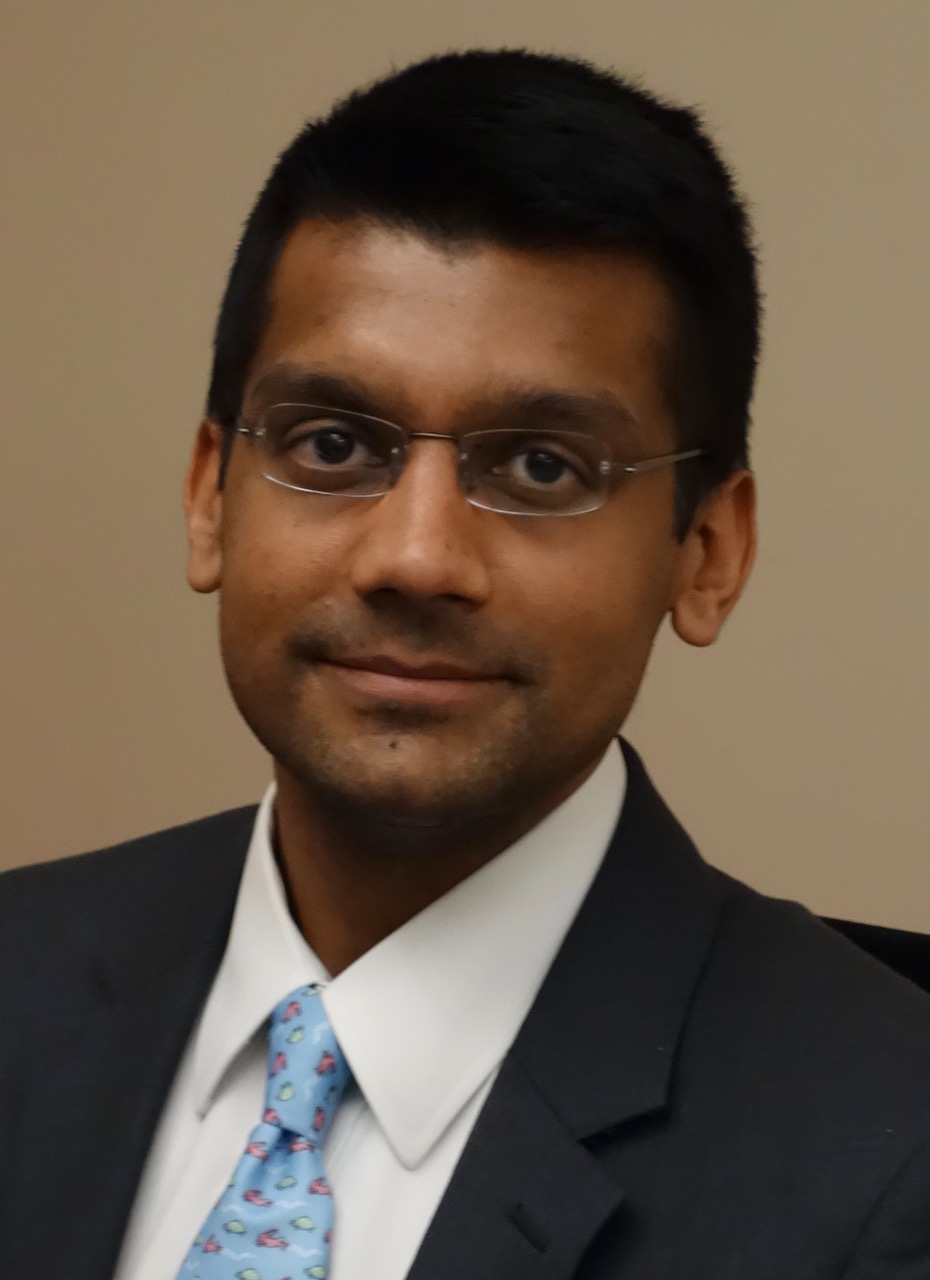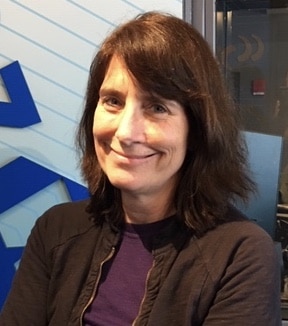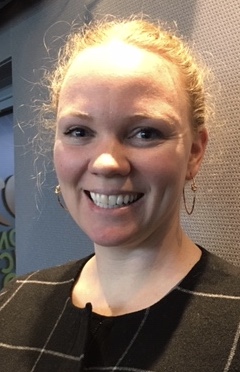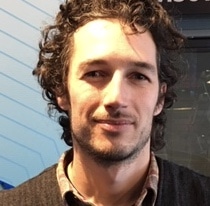Health Inequality
Programs 268,269
CDs available via special order. HumanMedia ®
Listen to excerpt:
Programs 268,269
CDs available via special order. HumanMedia ®
Listen to excerpt:
In this documentary, we ask why it is that the wealthiest Americans live as many as fifteen years longer than the poorest. It’s a troubling question during the pandemic, which has laid bare glaring racial and wealth discrepancies in health care. Nationwide, even with more people covered through the Affordable Care Act, nearly 28 million Americans remain without medical coverage. And medical problems that go undiagnosed and untreated often get worse.
 In the wealthiest country in the world, the fact that we cannot say simple things like all children will have a right to high quality health care, to respect their dignity and their future opportunity in life, I think it’s unconscionable.”
In the wealthiest country in the world, the fact that we cannot say simple things like all children will have a right to high quality health care, to respect their dignity and their future opportunity in life, I think it’s unconscionable.”
–Dave Chokshi, MD, New York City Health and Hospitals
For this program, we talked with patrons of a Massachusetts food pantry frequented by people of low income. We also visited Bellevue Hospital in New York City, America’s oldest public hospital, where many patients live below the poverty level. Physician Dave Chokshi there describes his efforts to take care of patients who are sometimes under severe financial strain. He says taking off a morning to line up at the clinic may cost them crucial hours on the job, when they could be earning income.
 Low income Americans are working in jobs that may call for much more physical labor. They’re stressful and difficult jobs, for example, home health aides, people in the trades. People who are using their bodies much more so in their work. And so that creates an additional risk, in terms of your health and well-being.”
Low income Americans are working in jobs that may call for much more physical labor. They’re stressful and difficult jobs, for example, home health aides, people in the trades. People who are using their bodies much more so in their work. And so that creates an additional risk, in terms of your health and well-being.”
–Ellen Lawton, Co-Director of the Medical-Legal Partnership,
George Washington Univ.
We also consider the many stressors affecting the working poor. For multiple reasons – from food insecurity to struggling to pay the rent and utilities to social prejudice – living in poverty can contribute to tense, frustrating conditions. This anxiety in turn can impact a person’s health, with symptoms ranging from headaches to difficulty sleeping to depression. Public health experts have even noticed that children born into poverty may have a lower than normal birth weight, attributable to a range of stressors afflicting the mother and in some cases maternal malnourishment.
And it’s little surprise that people don’t always cope with these pressures healthfully, which may explain why those living in poverty have higher rates of smoking than others. In addition, it’s been shown that marketers of tobacco products and of fast food tend to target the poor.
So the problem of “health inequality” is a complex and morally troubling dilemma.
 We want to prioritize the people who need the most, but if you’re someone who just happens to fall through the crack on Tuesday, it’s a long time until you’re the person who needs it most. And so this happens again and again in our social services.”
We want to prioritize the people who need the most, but if you’re someone who just happens to fall through the crack on Tuesday, it’s a long time until you’re the person who needs it most. And so this happens again and again in our social services.”
–Lauren Taylor, coauthor of ‘The American Health Care Paradox
 Fundamentally it’s a choice about what we feel like we owe each other in the society that we want to live in.”
Fundamentally it’s a choice about what we feel like we owe each other in the society that we want to live in.”
–Jacob Bor, Boston University School of Public Health
The Countless Ways Poverty Affects People’s Health (US News & World Report)
Income, Poverty and Health Inequality (Journal of the American Medical Association Network):
Also, check out these popular 1-hr Humankind specials, both available free: